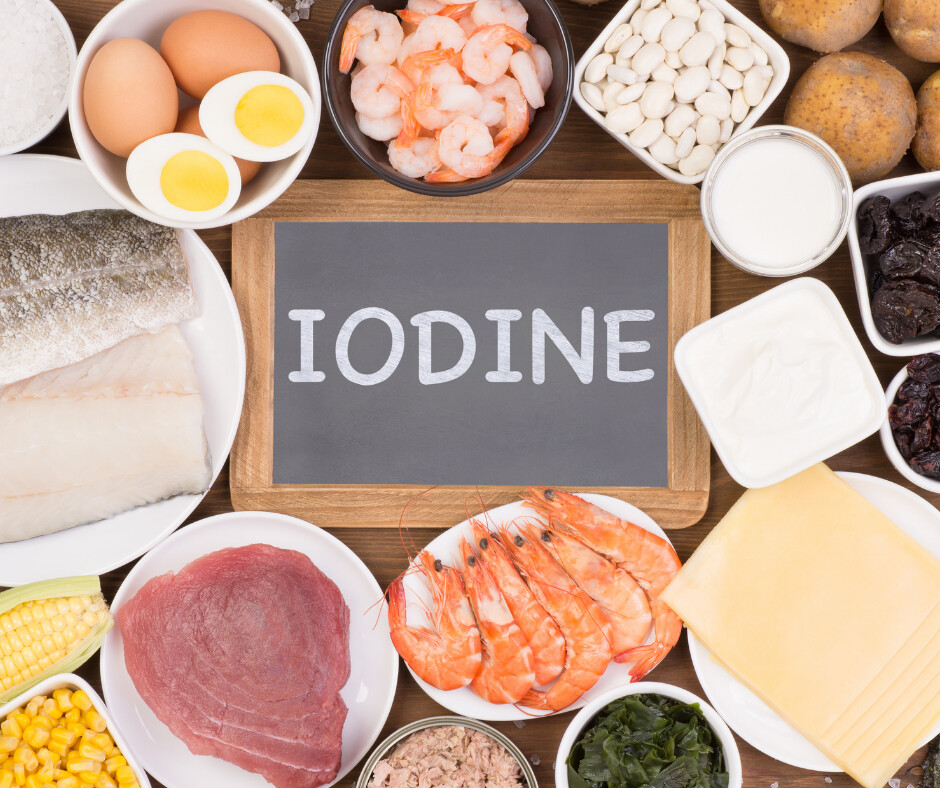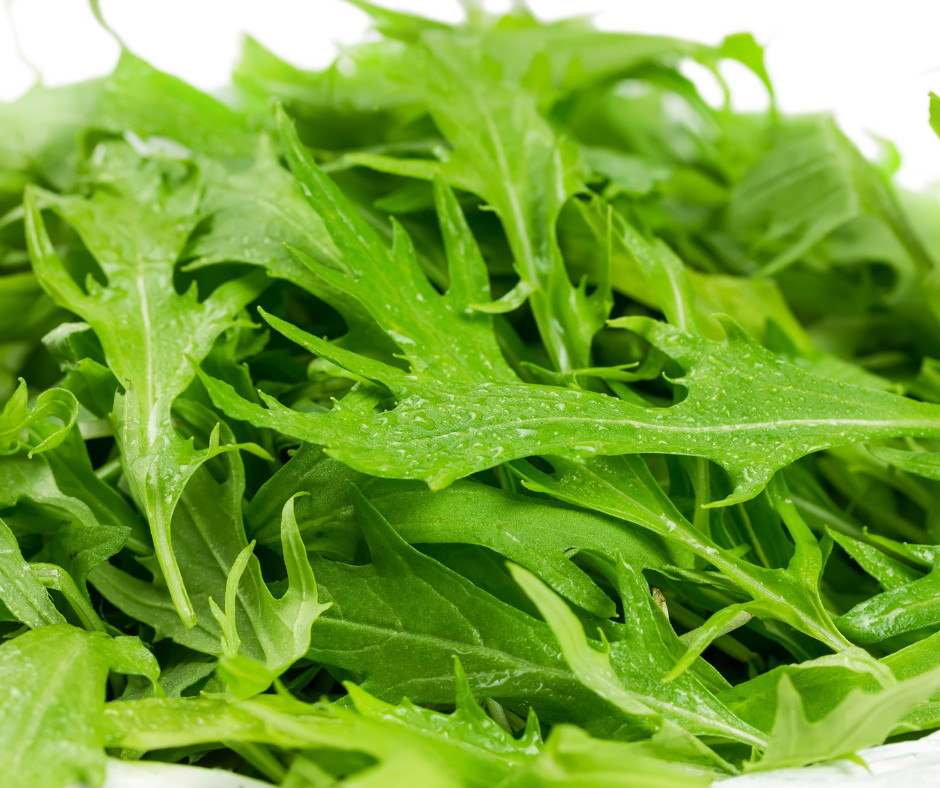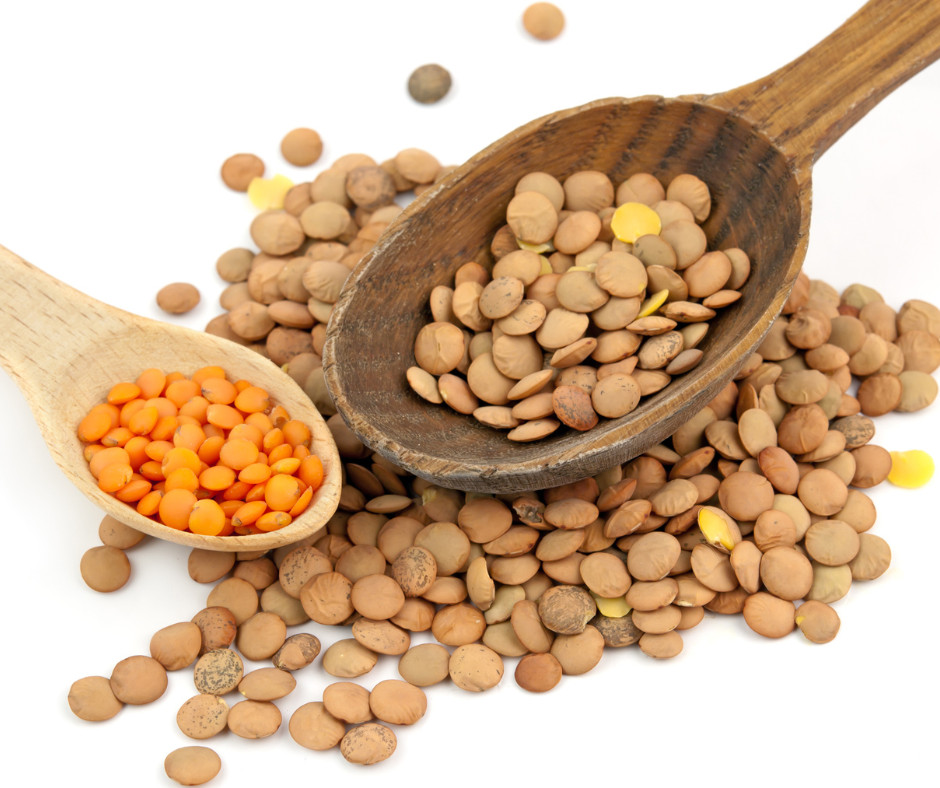
The importance of having healthy iodine levels is often overlooked. If you are deficient in iodine, it may affect your thyroid function and can cause many other health issues. In young children, the lack of iodine primarily affects the development of their brain. Iodized salt was developed in the 1990s because the lack of iodine was causing health issues for so many. Here are some other things to know about iodine.
Immune Health
Iodine plays an important role in your immune health. It helps to increase the antioxidant activity in your body, which helps reduce the damage done by free radicals. Having optimum iodine levels can help you clear infections. It also helps support cellular reproduction.
Metabolic Health
Iodine greatly influences the functioning of the thyroid glands. The thyroid produces the hormones that are responsible for your metabolism and basal metabolic rate. So having low iodine levels can affect your weight and your energy levels.
Pregnancy
Pregnant women require more iodine than other adults. A lack of iodine during pregnancy can affect the brain health of the baby and cause below average growth. Women who are nursing also need more iodine so that it is passed on to the infant.
Testing Your Iodine Levels
The most accurate way to assess your iodine levels is through blood testing. Unfortunately, this is not readily available to most doctors. So most doctors will use a urine test. There is also a simple home test that will give you a general indication of your levels. You start with a 2% colored solution of iodine and place it on a 2x2" or 3x3" patch of skin. The patch of skin can be on your forearm, inner thigh, or abdomen. If you are deficient in iodine, the patch will fade within 12 to 18 hours. If you have a sufficient level of iodine in your body, the patch will remain unchanged for 24 hours or more.
Iodine Rich Foods
Foods that are rich in iodine include seafood, seaweed, cranberries, yogurt, and baked potatoes. These foods also contain iodine, but at lower levels - milk, navy beans, and eggs. If you can't eat enough of these iodine rich foods, you can take a high quality supplement. Just make sure that you take less that the daily recommended amount because you are likely getting some iodine in your diet.
Did this help you? If so, I'd greatly appreciate it if you commented and/or share it on social media.

Email: sharonledwards@hotmail.com
Facebook: https://www.facebook.com/sharonledwardsbiz/


















0 Comments